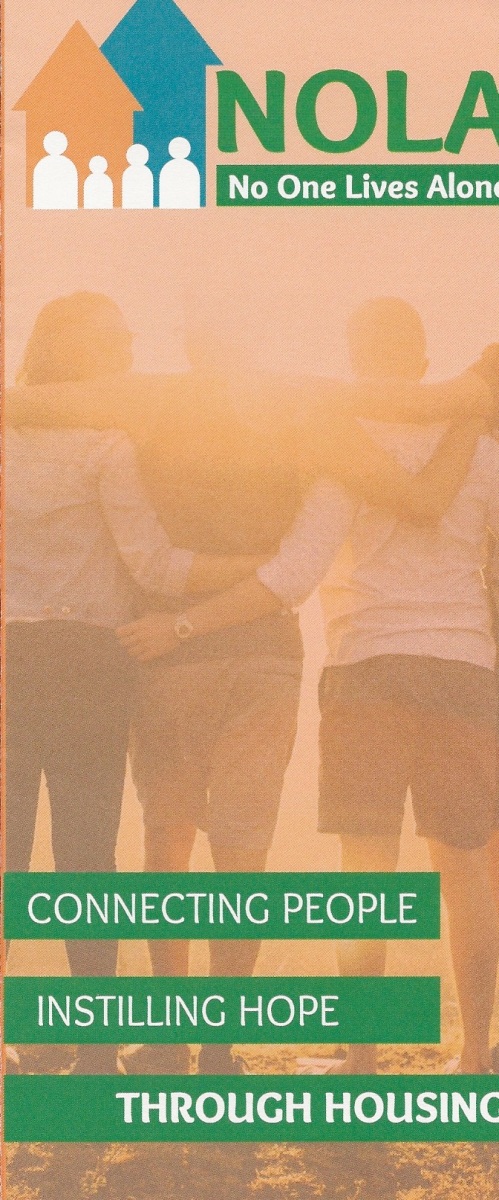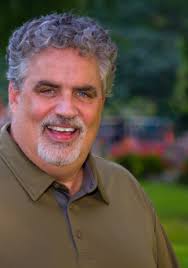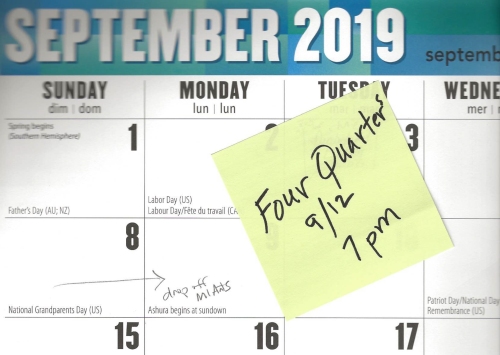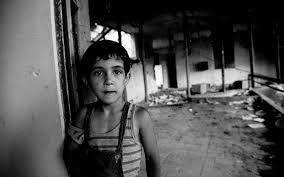A favorite story in Margaret Wheatley’s Turning to One Another is what happened after friends began discussing the needs of children in a Vietnamese orphanage. One woman was returning to Vietnam to adopt a second child and she had promised herself that she would take medical supplies with her. One friend help make a list of critical supplies. Weeks later, the small group had collected enough donations to fill four forty-foot shipping containers. And it all began when “some friends and I started talking.”
Recently I was one of ten people who attended the first meeting of NOLA, an initiative in Grand Haven and Holland to match homeowners with people needing housing. NOLA stands for No One Lives Alone. A common scenario that NOLA would address is an elder homeowner who is a widow and experiencing both loneliness and rising costs of home ownership being matched with someone needing affordable housing. Ron Bechtel, Executive Director of NOLA, facilitated the meeting. We watched and discussed a PowerPoint presentation that helped us understand what NOLA is trying to accomplish:
- create economically sustainable housing for both residents and owners,
- open doors of opportunity for the most vulnerable people,
- design housing systems built to naturally foster community,
- form coalitions to achieve what no single group could do alone.
Ron walked us through three major processes that have to be created in order for home sharing to become a reality:
Homeshare Approval Process – a process that will gain political approval and make home sharing legal and simple.
Available Homes Process – identifies homeowners willing to share their home with another person.
Committed Sharers Process – when applied, ensures the safety and compatibility of both parties and an understanding of the monthly home share fee, access to features of the property and any work responsibilities that will be traded for fee reduction, if any.
When we consider housing problems, we begin to realize that they have been brought about by the way we structure housing. And the number of people seeking affordable housing is only growing larger. In Ottawa County (2012) 8,191 people declared that they needed affordable housing. In 2015 the number had already jumped to 15,258.
NOLA has solutions to some of our housing problems. Bechtel says that NOLA is not a broad-brush program. It matches a specific population with a specific solution. The housing crisis in Holland will not be solved by any single solution – we need many solutions working together.
 Four words seemed particularly important during our discussion and pointed to an intentional framework with which to guide future activity.
Four words seemed particularly important during our discussion and pointed to an intentional framework with which to guide future activity.
catalyst– we are to build coalitions that result in home sharing becoming reality
sustainable– forming long-term relationships between participants
focused– impacting specific people who are alone or need housing
organic– helping form healthy relationships that are natural and mutually supportive
The question and answer period produced some smiles.
How many are on the Program Approval Process Team? No one.
How many are on the Available Homes Process Team? No one.
How about the Committed Sharers Process Team? No one.
Smiling from the modest starting point, we realized that the ten of us were NOLA, Holland. Ron then asked, “Who will convene the next meeting of the Program Approval Process?” Available Homes Process? Committed Sharers Process? and attendees declared what they were willing to do. Bechtel wisely described the committees as action committees.
I’m anxious for progress to be made on NOLA so that we can look back and say, “It all began when a few of us got together and started talking.”
Contact Ron if you are interested in taking action on affordable housing (RonB@mynola.org).

 Situations arise when a prophetic voice is desperately needed. Injustice must be condemned, and people mobilized. Early in his ministry a black family awakened to find a burning cross in their front yard in a community near the church he was serving. Brad pushed back against the racism and worked to develop a circle of support for the family. When the casino was being built in New Buffalo Brad spoke against systems of income inequality and corporations that prey on those who are addicted.
Situations arise when a prophetic voice is desperately needed. Injustice must be condemned, and people mobilized. Early in his ministry a black family awakened to find a burning cross in their front yard in a community near the church he was serving. Brad pushed back against the racism and worked to develop a circle of support for the family. When the casino was being built in New Buffalo Brad spoke against systems of income inequality and corporations that prey on those who are addicted.
